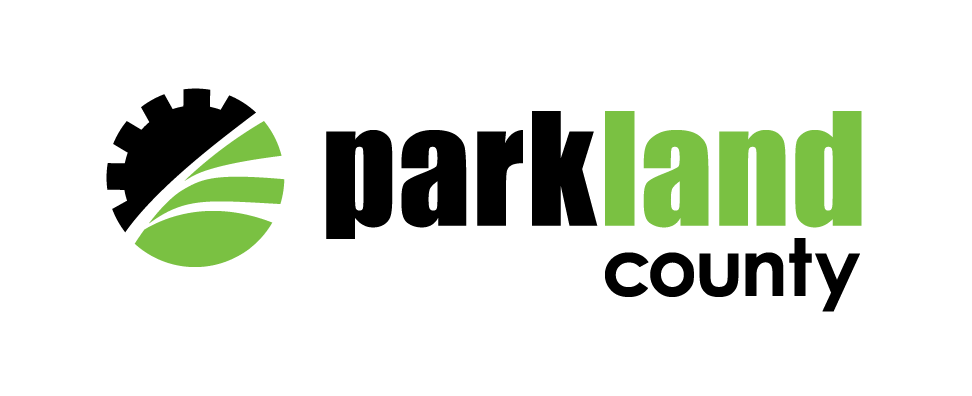Public Notice Regarding Edmonton's Mosquito Management Program
The City of Edmonton's Mosquito Management Program began April 22 and will run through to September 30, 2025.
This program helps control mosquitoes in Edmonton and surrounding areas, improving quality of life to help enjoy outdoor activities in Edmonton’s brief summer, and reduce the quantities of pesticides needed to repel or control adult mosquitoes in Edmonton.
This program may include the use of the following products:
● Vectobac 200G Biological Larvicide (PCP 18158; active ingredient Bacillus thuringiensis israelensis, H-14, strain AM 65-52)
● Vectobac 1200L Biological Larvicide (PCP 21062; active ingredient Bacillus thuringiensis israelensis, H-14, strain AM 65-52)
● Aquabac XT Biological Larvicide (PCP 26860; active ingredient Bacillus thuringiensis israelensis, H-14, strain BMP-144)
● Vectolex WSP Biological Larvicide (PCP 28009; active ingredient Lysinibacillus sphaericus 2362, serotype H5a5b, strain ABTS 1743)
Products with Bacillus thuringiensis israelensis (Bti) are biological controls derived from soil bacteria, which specifically target the aquatic larval stages of the mosquito life cycle. All pest control products and procedures the City of Edmonton uses meet strict standards established by Health Canada through the Pest Control Products Act. The City of Edmonton’s pesticide applicators are trained to the required standards of Alberta Environment and Protected Areas.
The World Health Organization Pesticide Evaluation Scheme recommends Bti for use in vector control, including against container-breeding mosquitoes, and can be used in drinking water that will receive little or no further treatment.
According to Health Canada “Bti poses little threat to human health through either handling products directly or being exposed to them indirectly, e.g. during a provincial or municipal mosquito control program.”
Treatments are triggered by the presence of mosquito larvae, which is usually driven by rainfall events. Widescale treatment programs only occur when 65% or more of sampled habitats are producing larvae. Daily notification of ongoing widescale treatment programs can be accessed at Public Notice of Pesticide Programs Habitats treated may include roadside ditches, and temporary bodies of water in fields, parks, ravines, stormwater catch basins, and natural areas on public lands, or private property (with landowner permission).
The management area includes the region shown on the map (below), and includes the
● City of Edmonton
● Outskirts of City of Beaumont
● Parts of Sherwood Park
● Part or all of the following Townships in Parkland, Leduc, Sturgeon, and Strathcona Counties


Blue hatch = extent of roadside ditch and ground mosquito larvicide programs
Roadside ditch habitat will be treated by trucks and side-by-side off road vehicles applying liquid formulations to temporary water habitats. Stay at least 30 m behind any vehicle making applications.
Ground sites in fields, ravines, parks, and industrial areas will be treated by applicators using backpack granule applicators. This product may produce dust which can irritate eyes or lungs. Stay at least 10 m away during application.
Stormwater catch basins may be treated with water soluble pouches dropped through the grating. Avoid contact with the pouches.
For more information on strategies and pesticides used, to see ongoing updates of the City’s IPM Policy, and to get daily updates of pesticide application activities, visit edmonton.ca/pests
If you are a private landowner who has received a landowner consent form please return it to be included in the program.
For more information please contact:
Jacob Marfo
Supervisor of Integrated Pest Management
City of Edmonton
12312 107 St NW
Edmonton, AB T5G 2S7
780 446 5011
jacob.marfo@edmonton.ca
Contact Us
Parkland County Centre
53109A HWY 779, Parkland County, AB T7Z 1R1
General Office: 780-968-8888
Toll Free: 1-888-880-0858
After hours: 780-968-8400
Email: hello@parklandcounty.com




